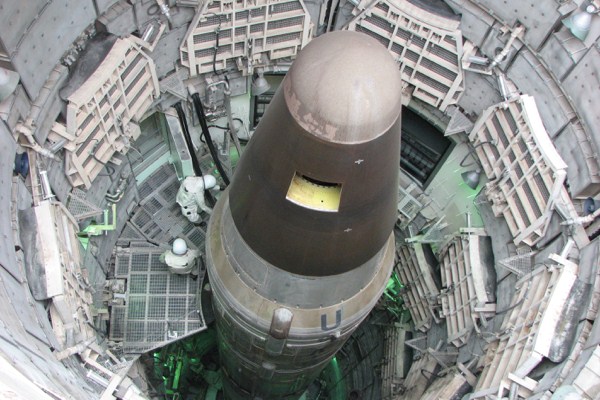The Ninth Review Conference of the Nuclear Non-Proliferation Treaty (NPT), which begins next month, promises to be much more contentious than the previous 5-year review conference held in 2010. However, with a good game plan both before and during the conference, U.S. President Barack Obama’s administration can limit the damage to U.S. interests and the nonproliferation regime.
Such a game plan should include reaffirming Washington’s commitment to eventual nuclear disarmament; highlighting the United States’ NPT-related achievements in some areas, even if admittedly limited; focusing attention on long-term future possibilities rather than past failures; blaming the relevant responsible actors for missed opportunities; and exploiting divisions among potential NPT critics. In a worst-case scenario, the U.S. should be prepared to accept deadlock in place of a bad final document emerging from the conference.
To begin with, the Obama administration should continue to affirm publicly its acceptance of the traditional view of the NPT’s three interlocking “pillars”: disarmament, nonproliferation and peaceful nuclear energy. According to this interpretation of the treaty, the states with nuclear weapons commit to making progress toward eliminating them; the countries without nuclear weapons promise not to try to get them or help others do so; and all states are free to use nuclear energy for nonmilitary purposes under appropriate safeguards. Although lawyers and historians can argue the fine points of this traditional interpretation—such as whether the treaty accords a right to nuclear fuel enrichment, for instance—the administration of former President George W. Bush alienated other NPT signatories when it overtly challenged it at the 2005 conference.

